10 entrepreneurs who swear by sleep
Money never sleeps, but that doesn’t mean that you can’t
Money never sleeps, but that doesn’t mean that you can’t. Some of the world’s most successful entrepreneurs, in fact, believe that a good night’s kip is the backbone of a good day’s work. And while the schoolboy mantra runs “you snooze, you lose”, these entrepreneurs believe instead that their distinctly average sleeping patterns – and even the odd postprandial power nap – are the secrets to their greatest victories.
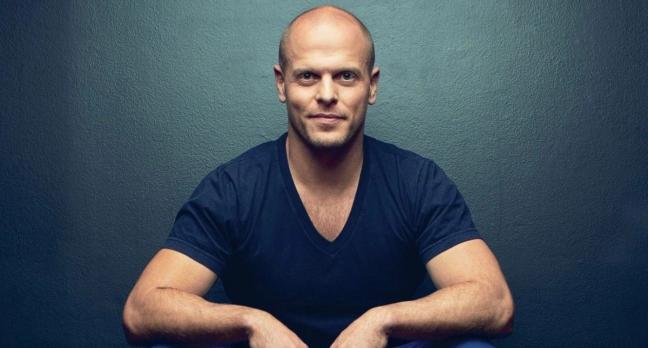
Your favourite entrepreneur’s favourite entrepreneur, Tim Ferriss is a huge proponent of a good eight hours. And the famous deep-diver and lifehacker says that the majority of the entrepreneurs that he interviews average 8+ hours a night, too.,
“Looking at the 200+ world-class performers I’ve interviewed…many of them get 8–10 hours of sleep every night.” he says. “Some (literal) mutants can thrive on 3–4 hours a night, but they’ve been like that since high school. The amount needed is personal and dependent on many factors, including genetics. I like to get 8–9.5 hours per night, or 7.5 hours and then a 90-min nap around 3pm. Nearly everyone I’ve interviewed gets as much sleep as they need, which could be 4 hours or it could be 10 hours.”
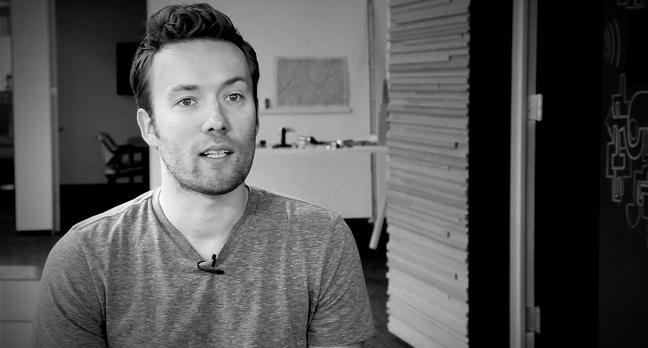
David Heinemeir Hansoon, thecreator of coding language Ruby on Rails and founder of workflow behemoth Basecamp, swears by an average of 8.5 hours per night.
“Forgoing sleep is like borrowing from a loan shark. Sure you get that extra hours right now to cover for your overly-optimistic estimation, but at what price? The shark will be back and if you can’t pay, he’ll break your creativity, morale, and good-mannered nature as virtue twigs.
Software development is rarely a sprint, it’s a marathon. It’s multiple marathons, actually. So trying to extract 110% performance from today when it means having only 70% performance available tomorrow is a bad deal. You end up with just 77% of your available peak. What a bad trade.”
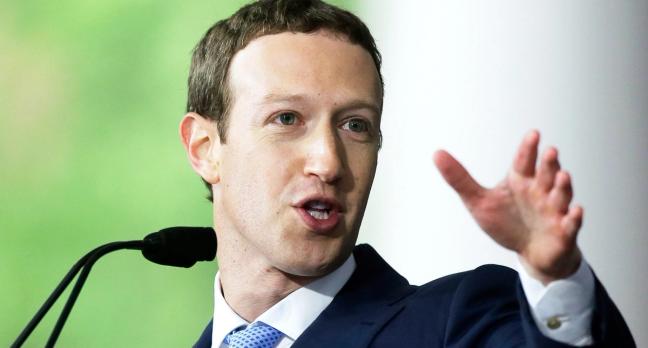
The Facebook founder claims to average 7 to 8 hours a night, tends to get up at about 8am these days, and sometimes even later if he’s been chatting to programmers around the world late at night.
Even in the relatively early stages of Facebook’s success, the social media mogul was fond of the snooze button. During one preliminary series of talks with Microsoft, Facebook executives told their counterparties that they couldn’t do an 8 a.m. conference call because the company’s 22-year-old founder and CEO would still be asleep. In an even earlier interview, meanwhile, the Harvard dropout confessed to staying up till about 1am most nights and rising fairly late. “I’m in the office at 10:30 a.m. sometimes,” he said.
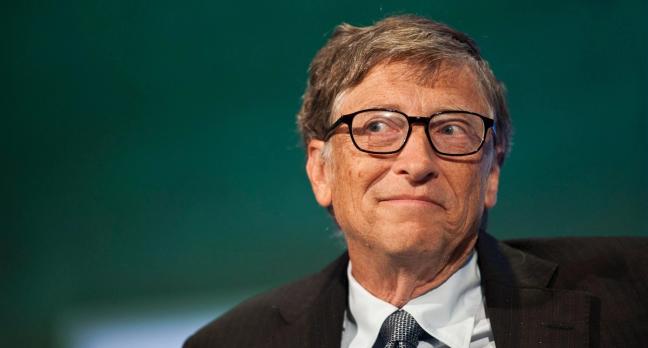
Microsoft founder Bill Gates may be envious of those “mutants” who can get a full charge on just a couple of hours sleep (“they have so much more time to learn, work, and play”), but he’s come to acknowledge that he needs about 7 hours per night to be on fighting form. “I like to get seven hours of sleep.” he told the Seattle Times. “Even though it’s fun to stay up all night, maybe taking a red-eye flight, if I have to be creative I need seven hours. I can give a speech without much sleep, I can do parts of my job that way, but in thinking creatively, I’m not much good without seven hours.”
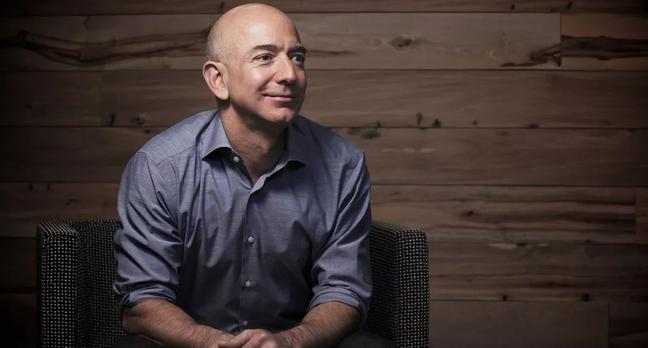
Amazon’s Jeff Bezos clocks in eight hours without fail. “Eight hours of sleep makes a big difference for me, and I try hard to make that a priority,” he says. “For me, that’s the needed amount to feel energized and excited.”
In the end, though, it doesn’t just come down to extra energy, but the ability to make precise, high-quality decisions at pivotal moments in the day. “Mostly, as any of us go through our lives, we don’t need to maximize the number of decisions we make per day,” Bezos explains. “Making a small number of key decisions well is more important than making a large number of decisions. If you shortchange your sleep, you might get a couple of extra ‘productive’ hours, but that productivity might be an illusion.”
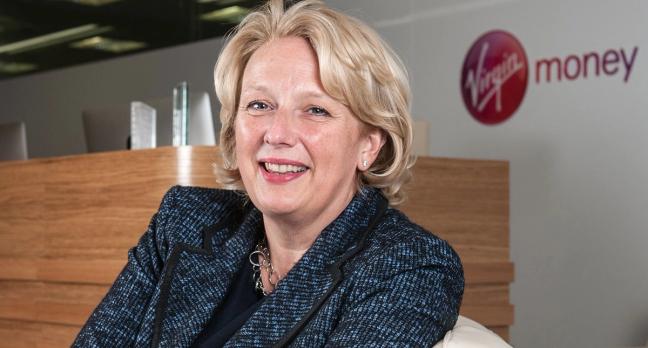
The CEO of Virgin Money swears by the traditional eight hour circadian rhythm. It helps that she is a very deep sleeper. “I try to be in bed by 10.30pm. And I always sleep like a log!” she says. “I need and get about eight hours a night, unless I’m travelling, when I just get what I can. I rarely feel tired. Life’s too exciting! I always get straight out of bed when I wake up. I don’t lie there doing my emails.”
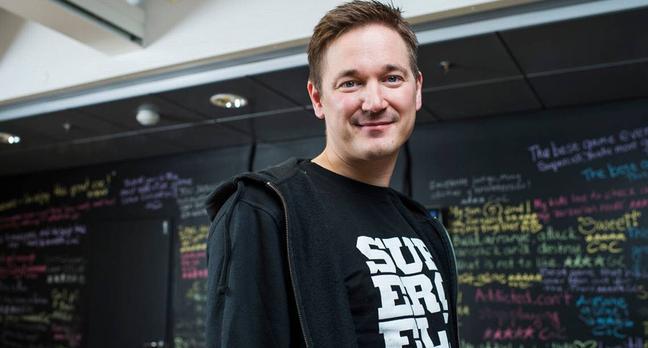
The co-founder and CEO of Supercell – the absurdly successful mobile game developer with a market valuation of over $10billion – Ilkka Paananen has a typically Scandinavian outlook on the work-life balance. “The quality of life is very high” he says. “At Supercell we only work from 9 to 5. At 5.30 the office is almost empty every day.” This highly reasonable schedule goes hand in hand with a healthy night’s sleep. Paananen swears by eight hours a night, and actively encourages his employees to do the same.

Leo Widrich, the CEO and founder of Buffer, the social media scheduling app, says that his sleep routine is one of the habits that he’s asked most often about. To better answer that question, Widrich has experimented on himself, varying his sleep timetable and duration in search of an optimum. For Widrich, that seems to be about eight hours a day, between 1 am and 9 am.
Moreover, he believes that those that sleep less than this are at a distinct disadvantage. “If we start to lose focus but have received the right amount of sleep, our brain can compensate for that and increase attention.” he says. “If we are sleep deprived, our brain can’t refocus.”
Widrich even supplements those eight hours with a daily nap. “For the past 2 years, since I started working on Buffer, I have been napping every day, for around 20 minutes.” he wrote, way back in 2012. “Some of the core benefits of napping are that you can restore alertness of your brain with just a few minutes of falling into light sleep.”
“Personally, I know that my productivity takes a dip at 3 PM every day.” he explains. “This is exactly where I place my nap, and it has been one of the most powerful ways to bring my productivity back to 100% after that.”

Become a Gentleman’s Journal Member?
Like the Gentleman’s Journal? Why not join the Clubhouse, a special kind of private club where members receive offers and experiences from hand-picked, premium brands. You will also receive invites to exclusive events, the quarterly print magazine delivered directly to your door and your own membership card.


